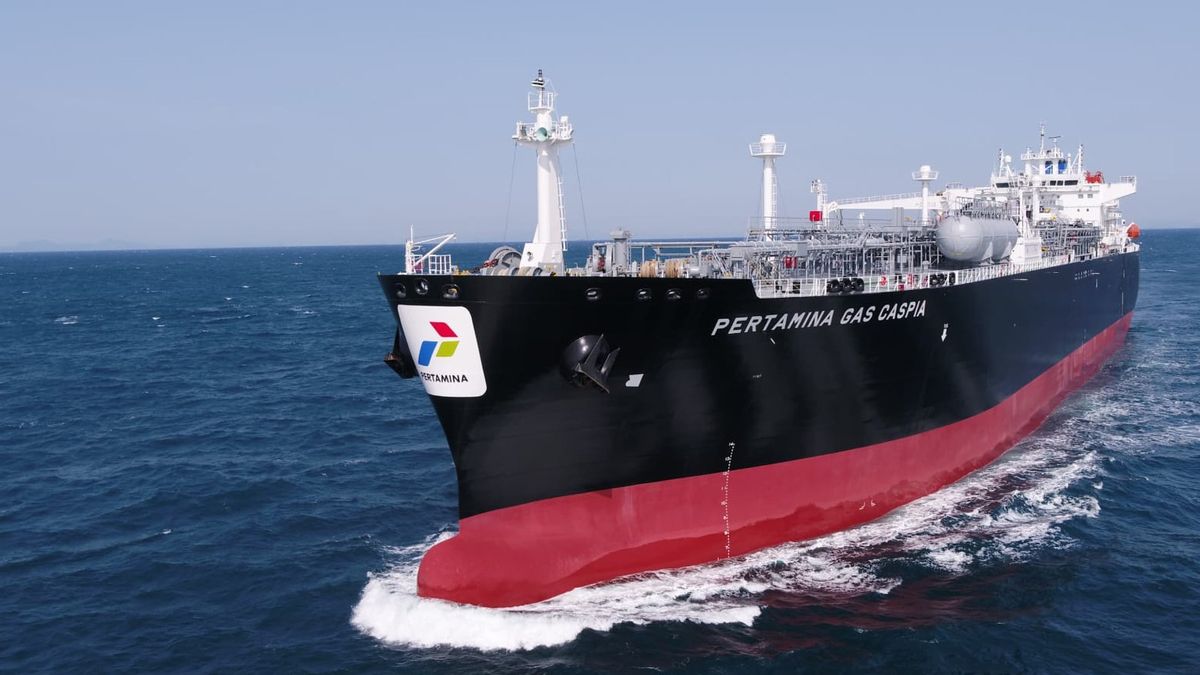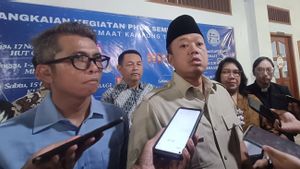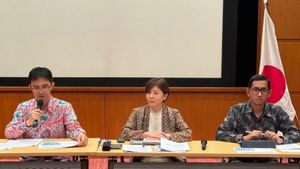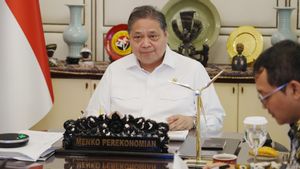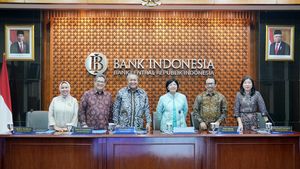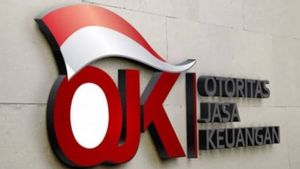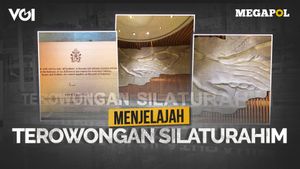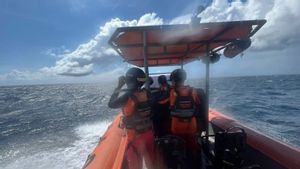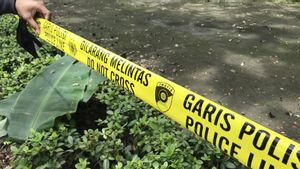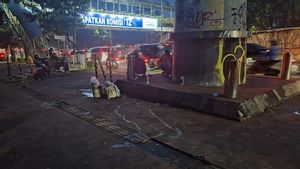PT Pertamina International Shipping (PIS) said it had transported more than 161 billion liters of energy in the form of fuel and LPG in a year with a total of 20,000 transports from east to west of Indonesia throughout 2024.
PIS CEO Yoki Firnandi said that his party has managed 700 ships, 300 of which are tankers, plus storage terminals, and sea-based energy distribution, PIS as Pertamina's Integrated Marine Logistics Subholding (SH IML) is now 8 years old.
In addition, Yoki said that he would ensure that energy flows continue to run without obstacles, connecting islands in the archipelago, making the Indonesian oceans an energy route that drives the nation's economy.
"Pertamina International Shipping (PIS) continues to prove its role as the main motor for national energy transportation through various monumental achievements. One of them is the achievement where Pertamina Group has now managed to have more than 100 fleets of owned tankers," he said in his statement, quoted Wednesday, December 25.
Yoki said PIS is also part of the national energy distribution chain through 6 terminals under PT Pertamina Energy Terminal (PET), which now houses 922,000 kiloliters of fuel and 284,500 metric tons of LPG. Through the LPG Tanjung Sekong Terminal, PIS has succeeded in serving 40% of the national LPG supply.
According to Yoki, the smooth distribution of energy is also inseparable from the 402 supporting ships of PT Pertamina Trans Kontinental (PTK). Overall, PIS manages more than 700 ships, with 106 ships manned by around 10,000 reliable sailors.
In addition, Yoki conveyed that to increase reliability in national energy transportation and business expansion, PIS added 11 tanker fleets during 2024.
"CLUDING tanks carrying gas giants, including 4 VLGC (Very Large Gas Carrier) vessels, namely Pertamina Gas Tulip, Pertamina Gas Bergenia, Pertamina Gas Caspia and Pertamina Gas Dahlia," he explained.
Yoki said the addition of these new tanker units would certainly make the average age of the fleet even more prime. Currently, there are 419 VLGC tankers sailing around the world aged 10.08 years. With the addition of new units this year, PIS now has seven VLGC tankers with an average age of 3.42 years.
As for the 106 ships belonging to PIS, as many as 58 ships got an average score of 3.15 out of 5 in the Ship Inspection Report (SIRE), eligible to operate in special and international regional waters. PIS also has a record zero fatality of the ship's crew and 40.5 million hours of safe working.
Yoki explained that this achievement was the fruit of the company's transformation and continued business expansion without reducing the slightest aspect of the welfare of the sailors.
To note in the 2024 first semester performance report, PIS posted a profit of 280.9 million US dollars, or an increase of 103 percent compared to the same period last year which was at 138.5 million US dollars.
Profits until June also passed the 2024 RKAP, which is targeted to reach 267.1 million US dollars by the end of this year.
Yoki said the increase in profit was driven by an increase in revenue. During the first half of this year, PIS earned USD 1.72 billion in revenue. Likewise with EBITDA, which also recorded an increase of 28 percent from USD 458.4 million in the first half of last year to USD 587.5 million.
"Of course we are optimistic that we will score a positive performance at the end of 2024, thanks to extraordinary business growth. Hopefully, this spirit will continue next year for more extraordinary results," said Yoki.
SEE ALSO:
Yoki said that it is inseparable from diversifying the type of cargo into one of the PIS moves in looking at the business landscape in the future. Reading this opportunity, PIS is increasing the presentation of green cargo in its entire business operations.
"For the record, PIS has targeted revenue from the green business to increase to 34 percent of the company's overall revenue," he said.
Yoki said the PIS strategy to increase the contribution of green businesses is through the green fuel market, namely LNG, LPG, ammonia, to petrochemical cargo such as benchumments, methanol, and caustic soda. The company is also in the process of examining the potential for transporting bulk dry commodities to expand their diversification.
In addition, in 2024, Yoki said that the non-captive market portion will reach 19.2 percent. This achievement cannot be separated from the company's strategy in route diversification, especially in African and European countries.
"To smooth out these efforts, currently PIS already has three representative offices in Singapore (PIS Asia Pacific), Dubai (PIS Middle East), and London (PIS Europe)," he said.
Yoki said that the three representative offices are expected to improve the PIS international network and routes. To date, 60 units of PIS' fleet have sailed to 65 international routes.
On the other hand, Yoki said PIS targets a reduction in CO2 emissions resulting from company operations of up to 32 percent by 2034.
"To support the realization of this target, PIS has implemented a number of special innovations to reduce carbon emissions in all business lines. One of the main steps is the modernization of the fleet, by presenting 7 VLGC (Very Large Gas Carrier) ships," he added.
According to Yoki, the giant tanker with dual fuel technology (dual-fuel) is the first low emission tanker in Indonesia, to boost the energy transition where until October 2024 PIS has succeeded in reducing 41.4 kilotons of CO2e, past this year's target. the company is targeting 29 ktCO2.
"PIS has also just received an ESG rating from MSCI with a BBB score for the oil and gas transportation category. This BBB score is the best score ever achieved in the national shipping industry sector today," he explained.
The English, Chinese, Japanese, Arabic, and French versions are automatically generated by the AI. So there may still be inaccuracies in translating, please always see Indonesian as our main language. (system supported by DigitalSiber.id)
